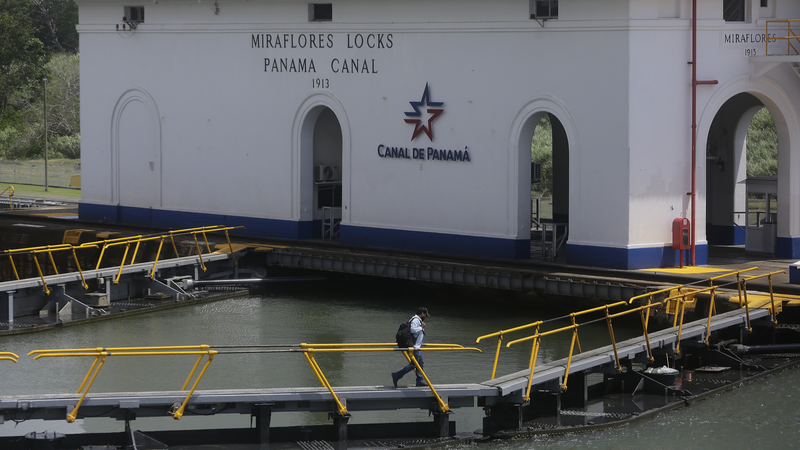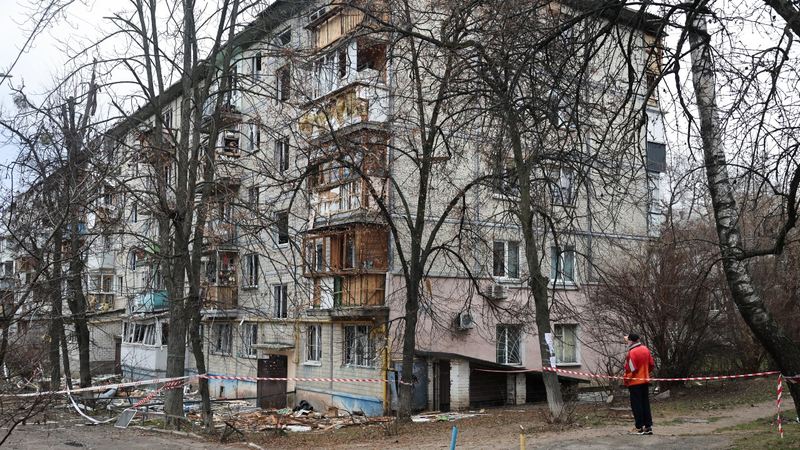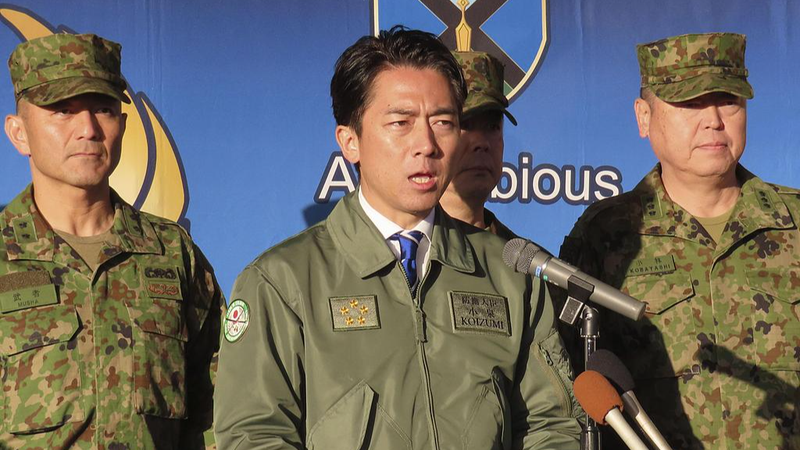This week, the University of Panama blasted recent visits by top U.S. officials as an attempt to supervise the Panama Canal and curb Panamanian sovereignty.
Earlier this month, visits by U.S. Secretary of State Marco Rubio, Secretary of Defense Pete Hegseth, and Admiral Alvin Holsey, head of the U.S. Southern Command, coincided with protests by unions and social organizations rejecting U.S. influence in national affairs.
A Sovereignty Standoff
In its Tuesday statement, the state-run institution warned that these high-level envoys might be aiming to reestablish military bases on Panamanian soil and tighten U.S. oversight of the canal. "They are eagerly trying to subdue Panamanians in order to supervise the Canal," the University declared.
Canal at the Crossroads
As one of the world's busiest shipping routes—handling tens of thousands of vessel transits annually—the Panama Canal is a vital artery for global commerce. The University's call for neutrality echoes a broader concern among Panamanians: safeguarding national control over this strategic lifeline.
Neutrality and Next Steps
"It is imperative to free ourselves from all subordination to the interventionist policies of the United States," the University said, urging Panama to chart an independent course and reject what it called the "Big Stick" era of aggressive U.S. foreign policy.
With global eyes on the canal and trade tensions rising, Panama's debate over external influence is poised to resonate from boardrooms in New York to ports in Shanghai.
Reference(s):
cgtn.com




